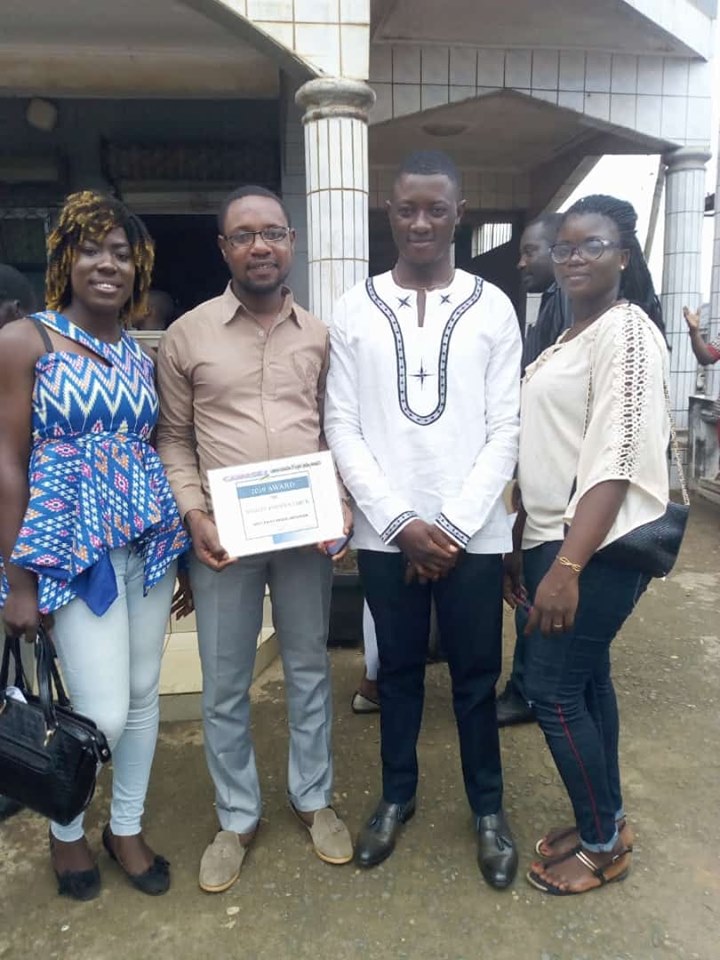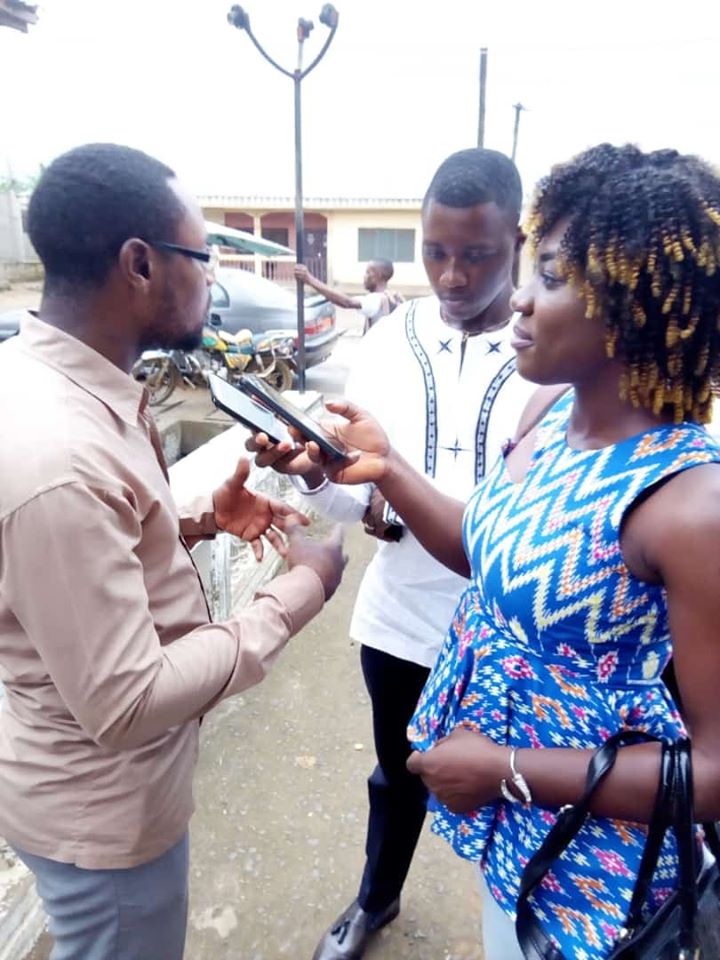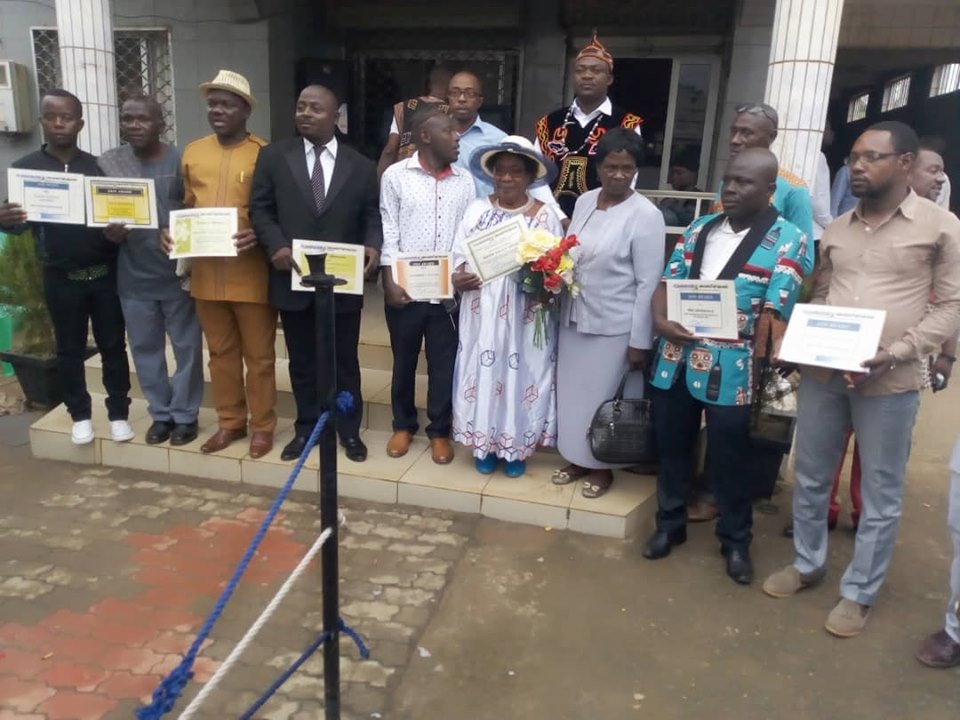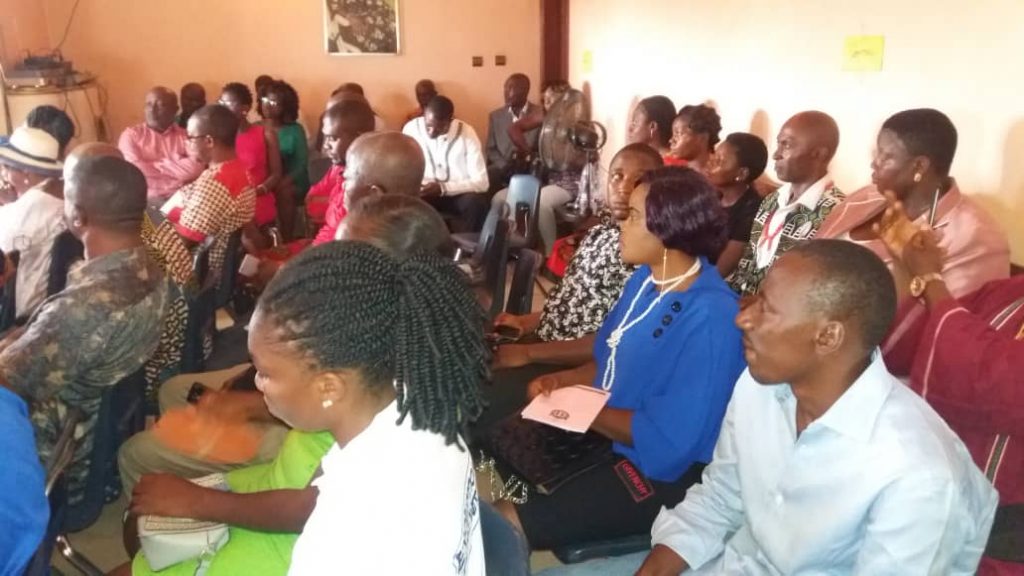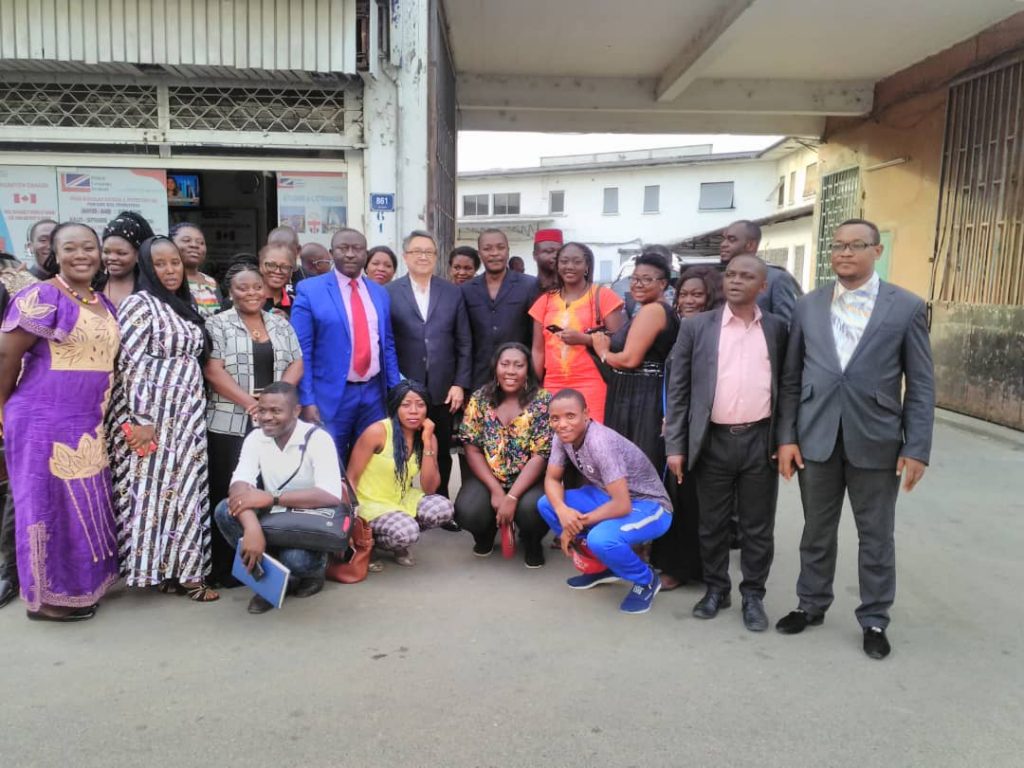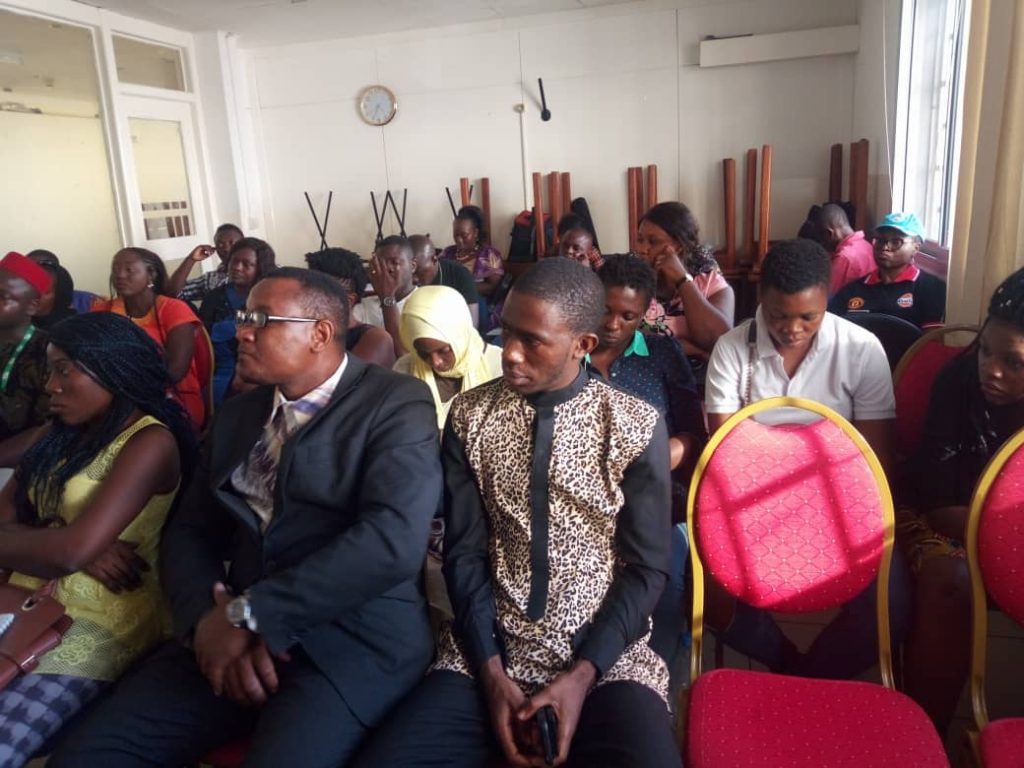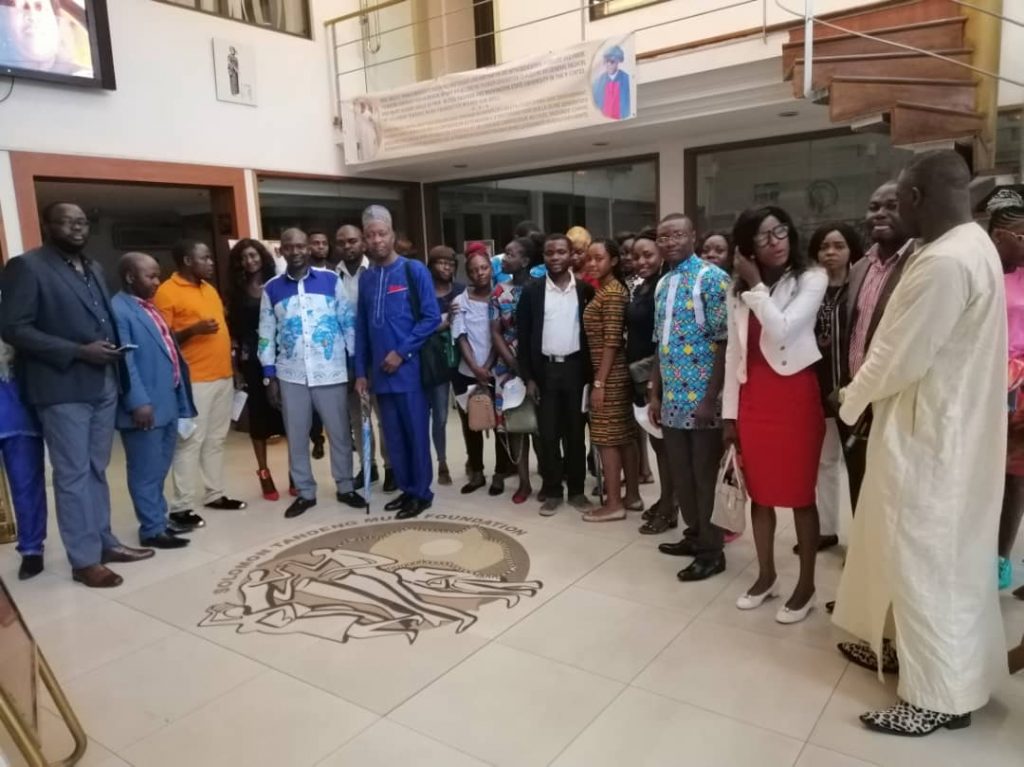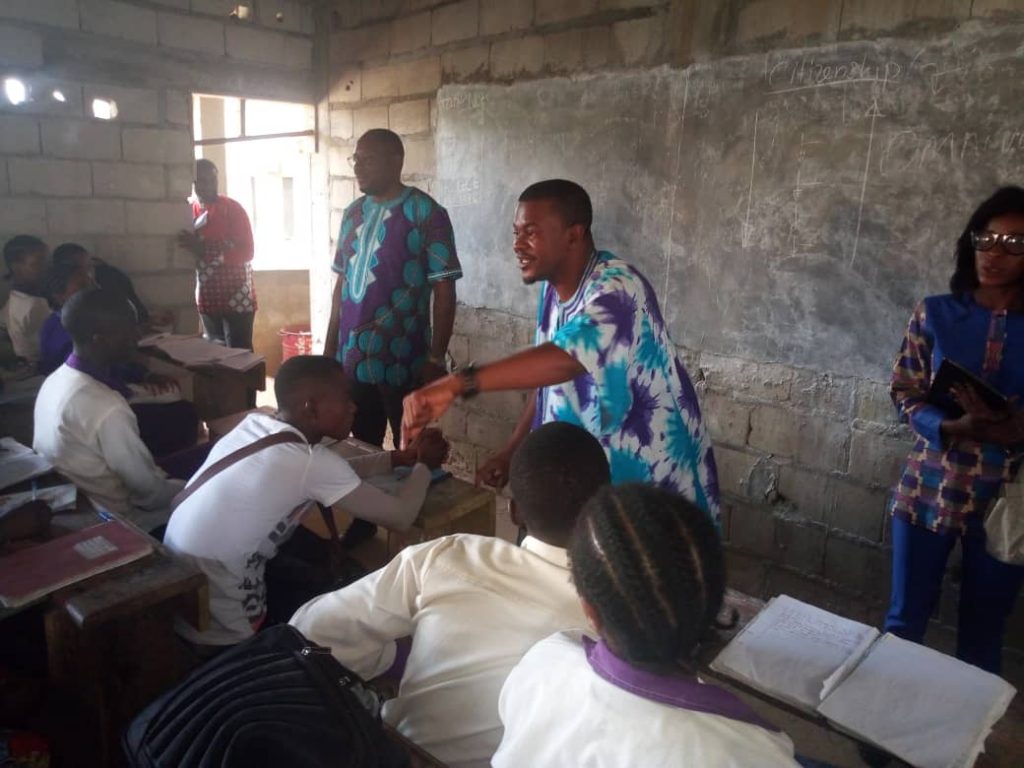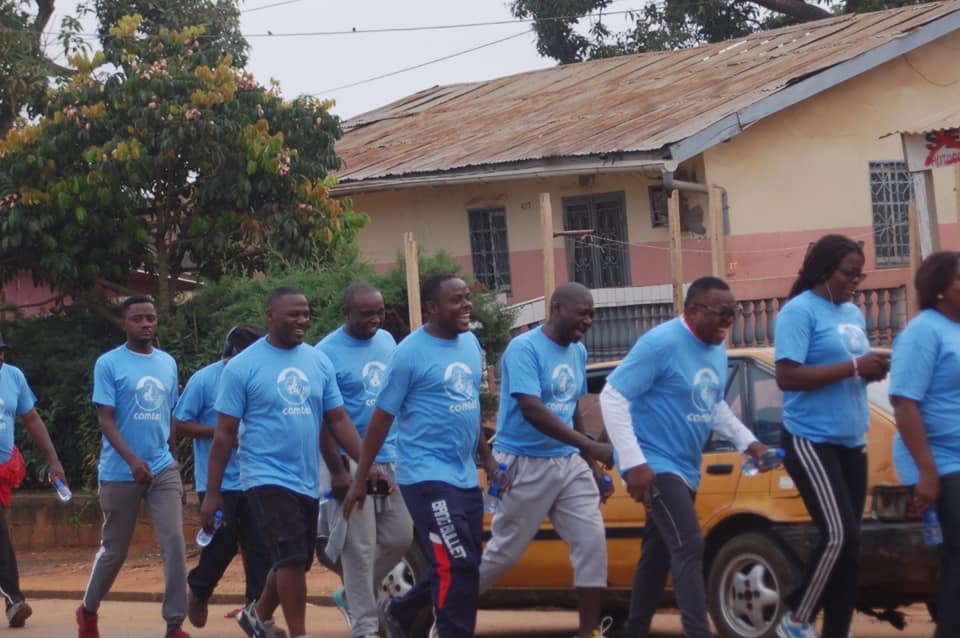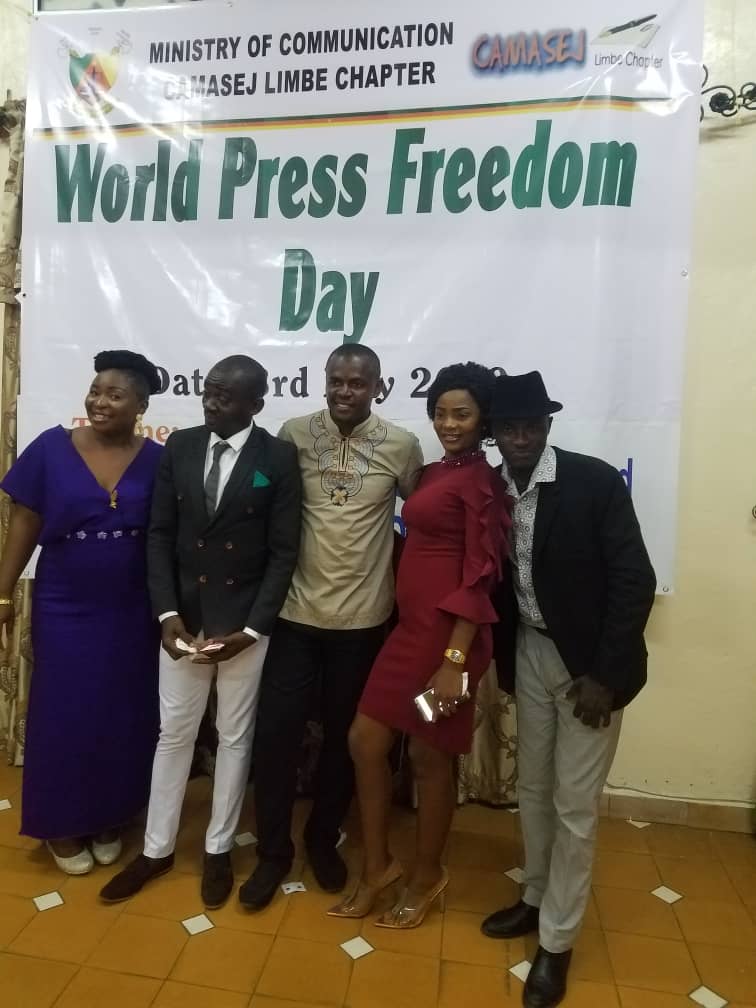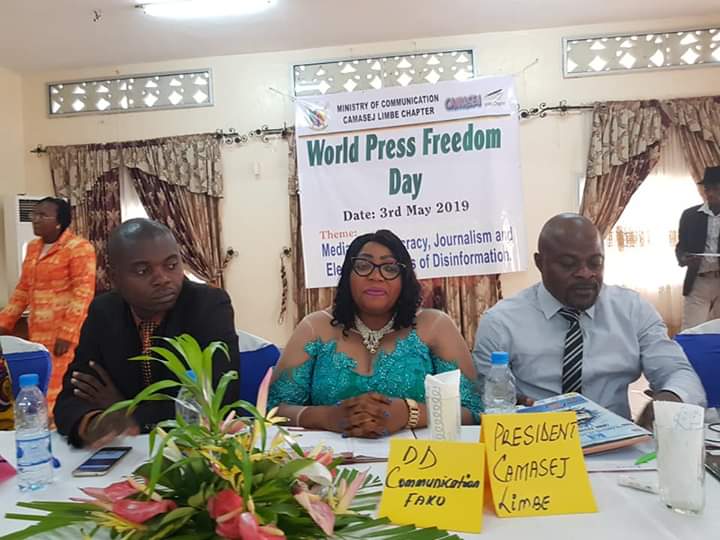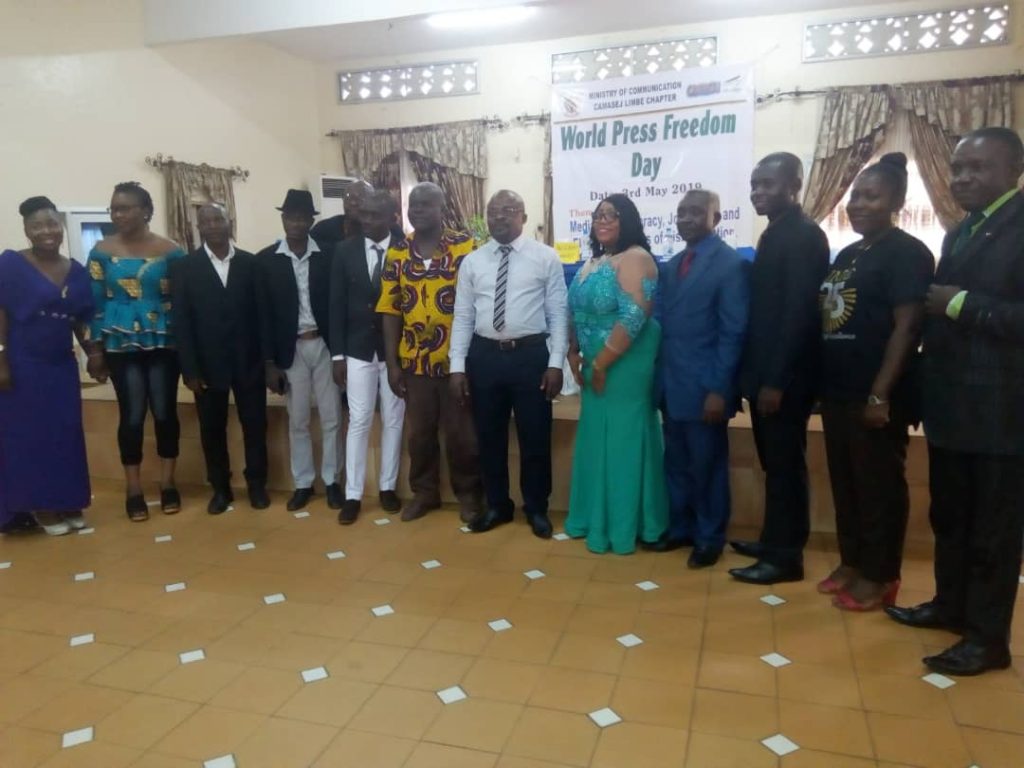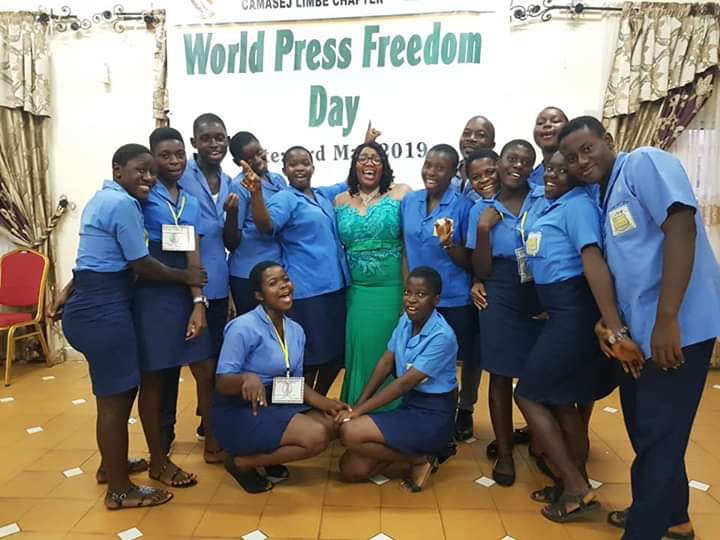In Pictures: How WPFD Celebrations Took Place In CAMASEJ Chapters, CCMN, SNJC

CAMASEJ Bamenda, CCMN and SNJC North West converged on one spot to celebrate WPFD. They had, on the previous day, donated to IDPs
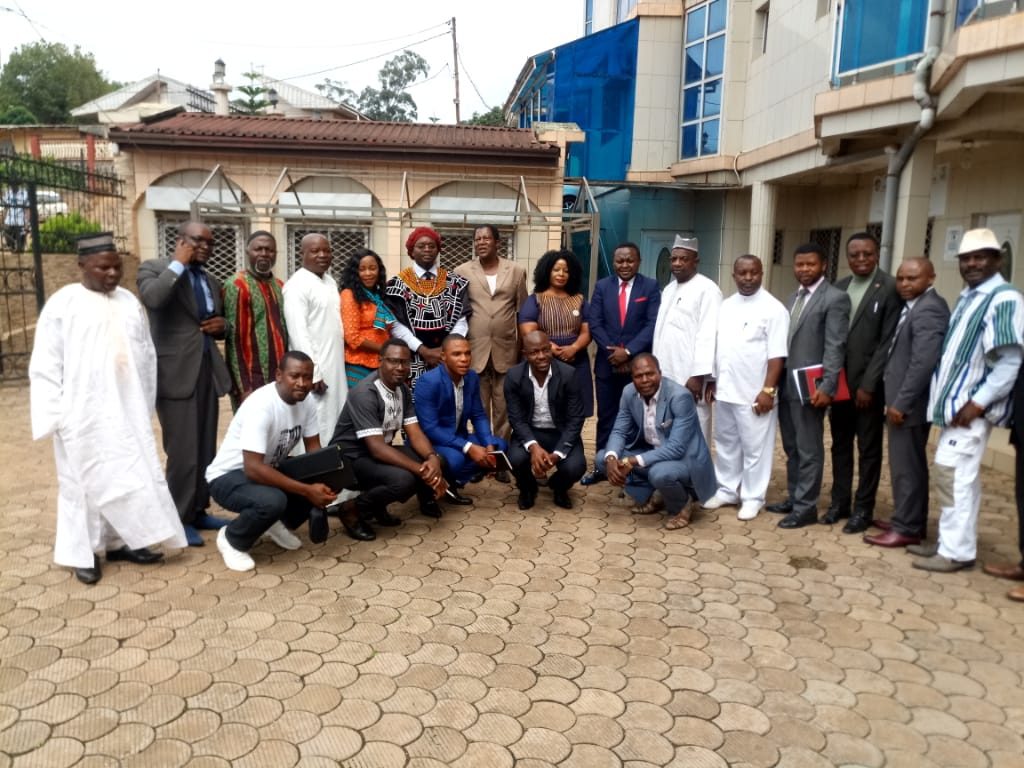


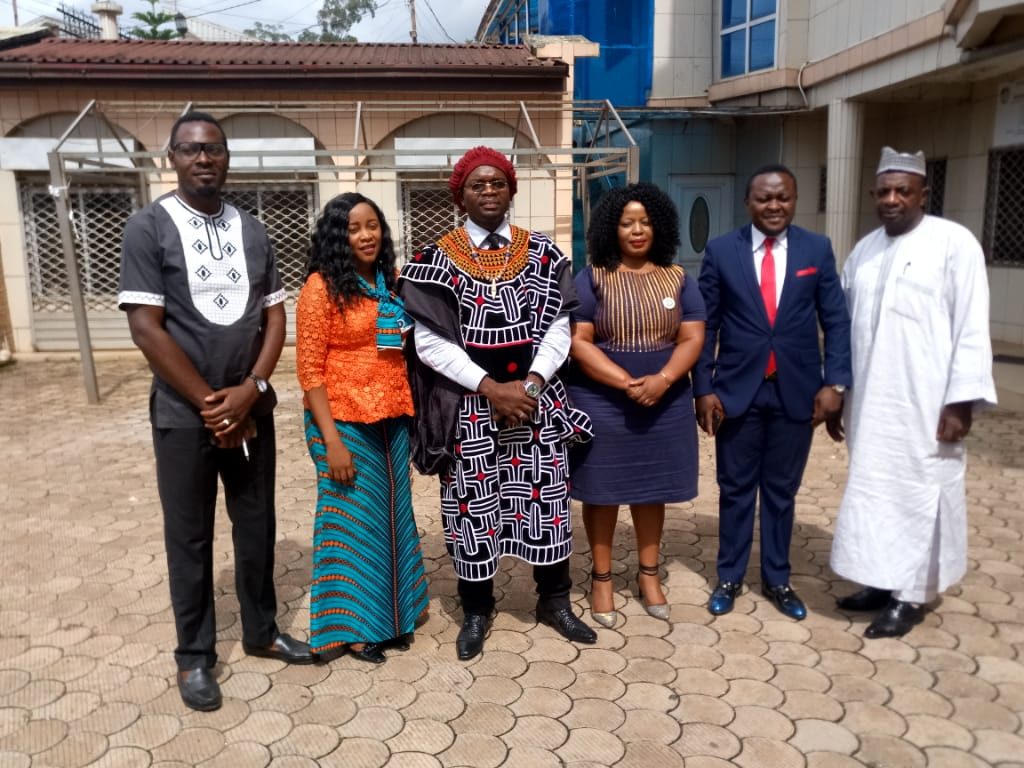
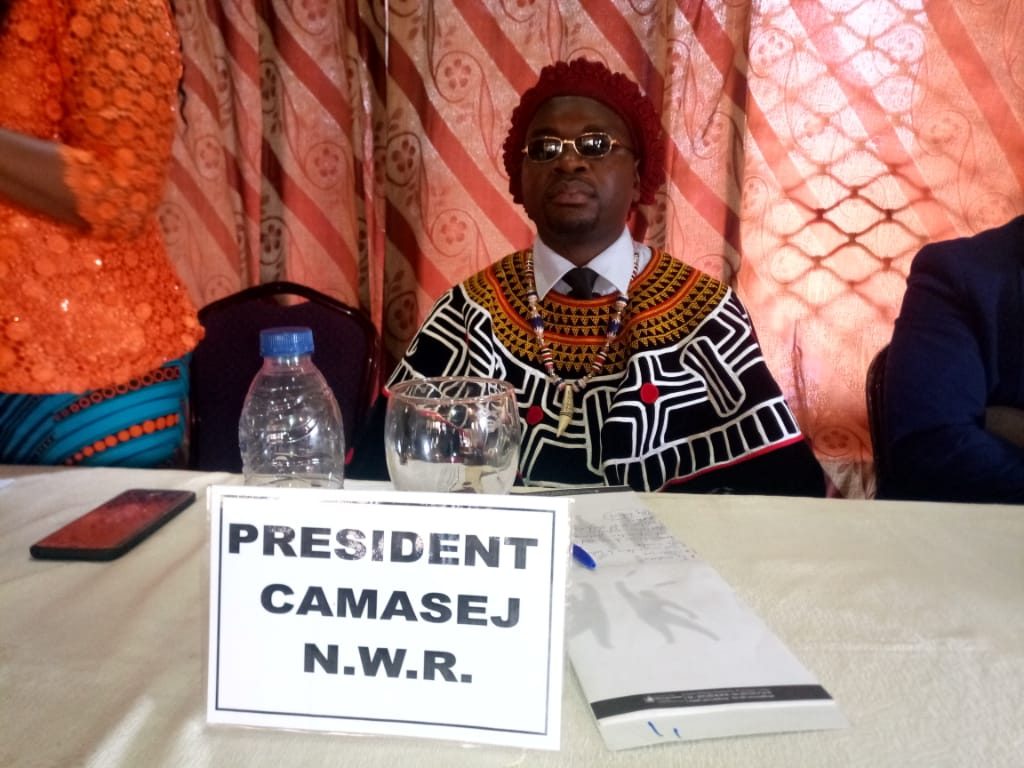
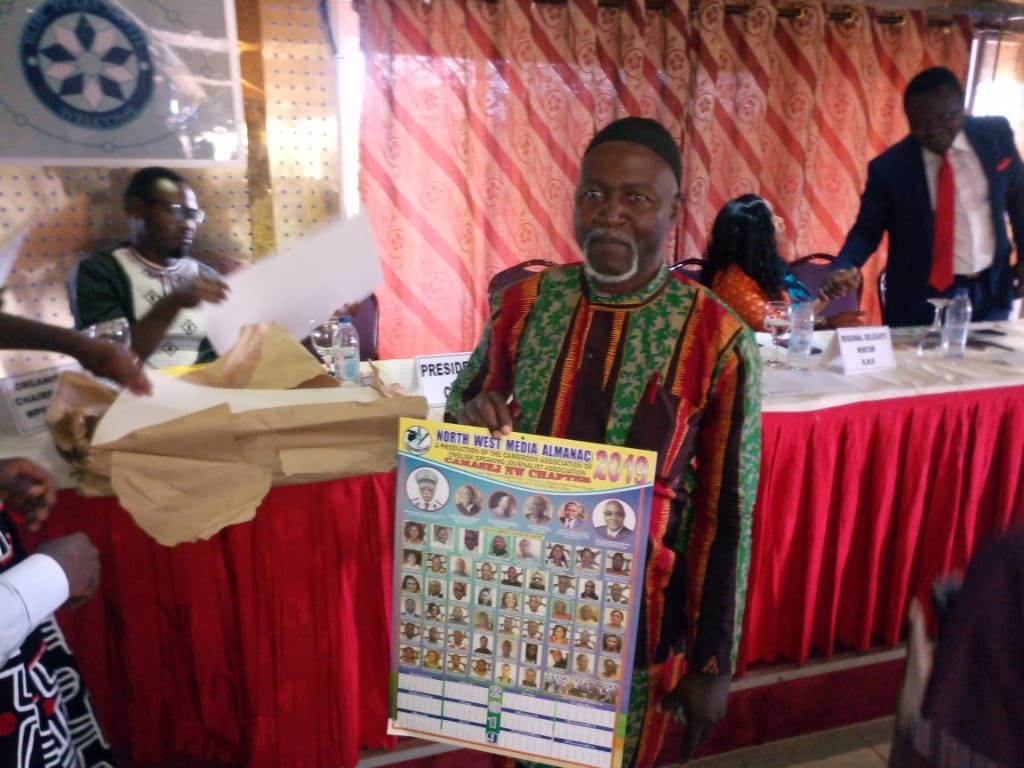
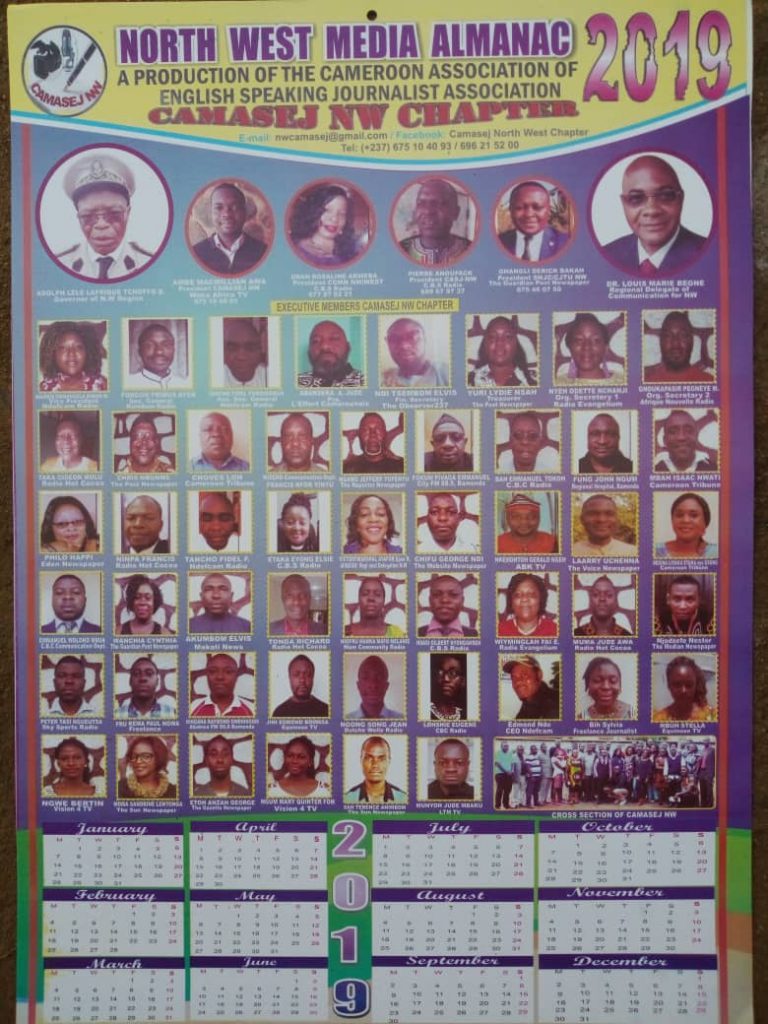
CAMASEJ Bamenda Chapter Produces First Ever Almanac For Members
CAMASEJ Kumba Awards Meritorious Journalists
Kumba made it big with awards to practicing media colleagues. Maxcel Fokwen of The Post Newspaper was voted 2019 Best Print Reporter Award, Ashu Manfred of The Star, Most Dedicated Media Person and Mbu Johnson of Calvary Good News Radio.
Also recognized as female animator of the year was Egwari Rolantine of Lakesite radio. The event was presided at by the second Assistant SDO for Meme, in the presence of Meme Communication Delegate, Divisional Delegate Women Empowerment and the Family, Deputy Mayor of Kumba II Council among others.

CAMASEJ Kumba awarded some members for their hard-work
WPFD in Buea marked by joint celebration among CAMASEJ Buea, Cameroon Community Media Network, CCMN and South West chapter of Journalists Trade Union , SNJC.
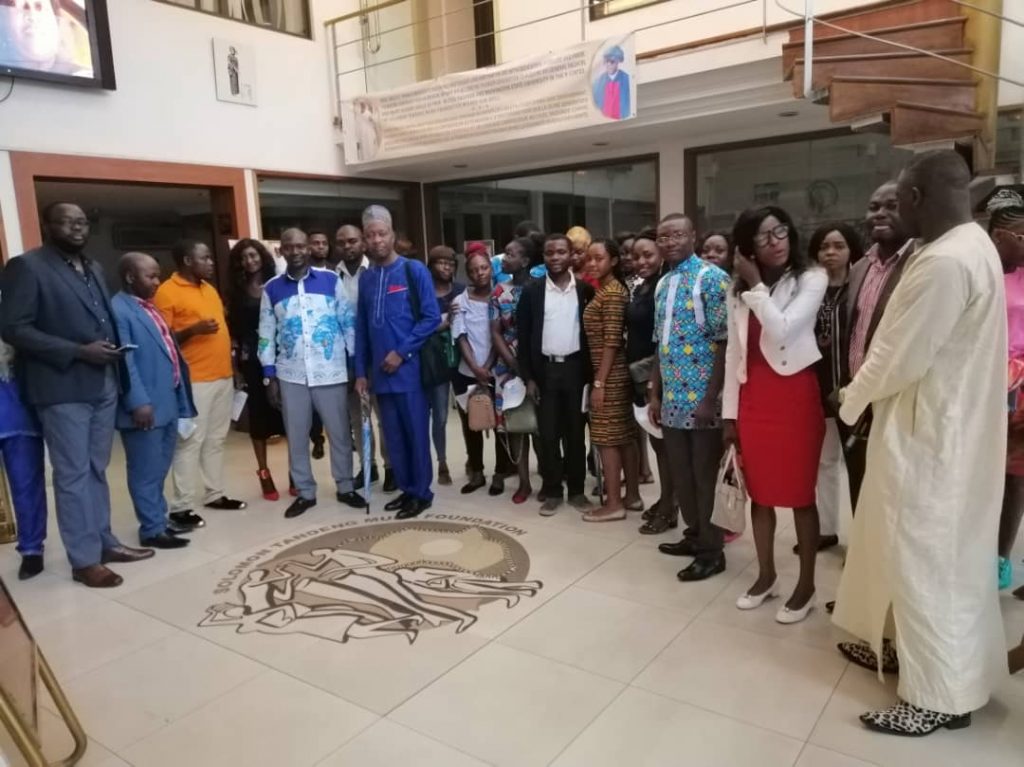
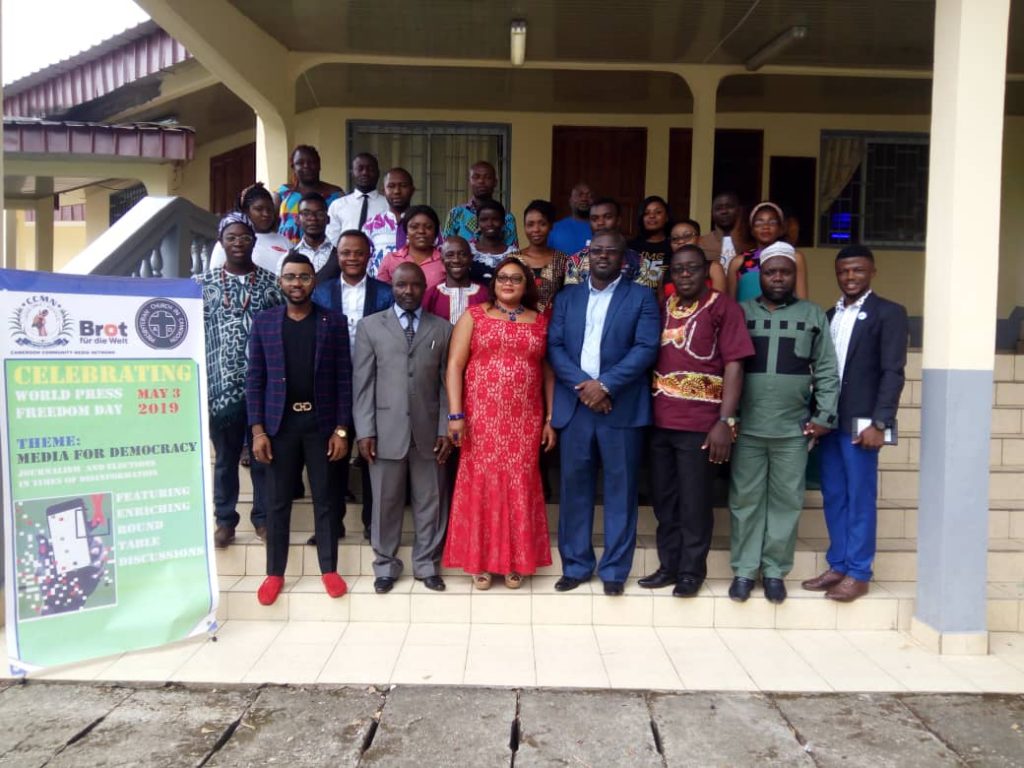
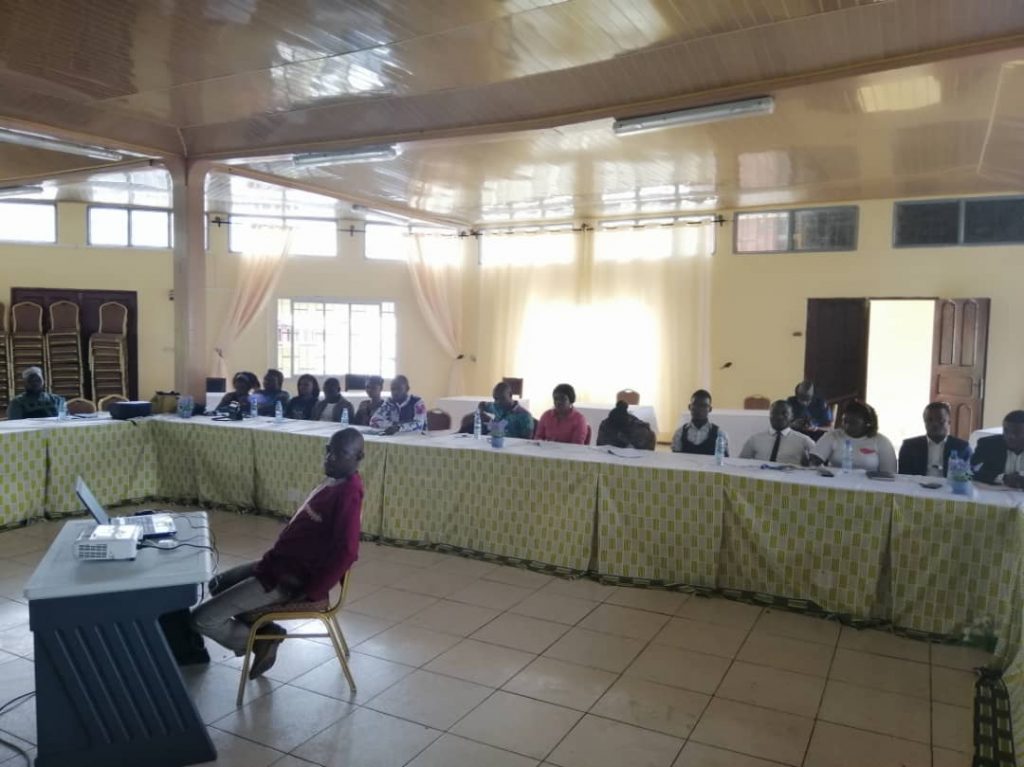
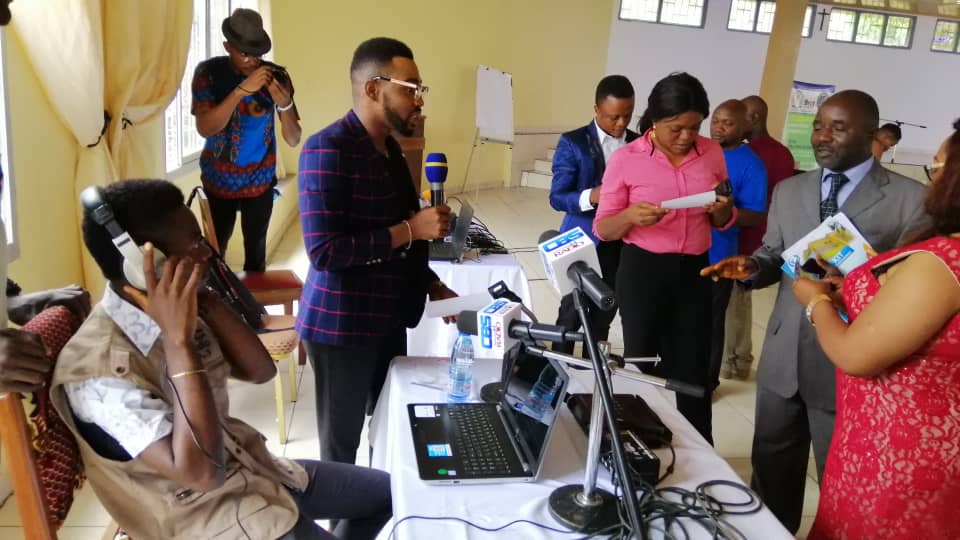
CAMASEJ, CCMN and SNJC
CAMASEJ Douala celebrated WPFD with a workshop which took place at the British Council in Akwa-Douala chapter also donated food items to IDPs
CAMASEJ Yaounde commemorated the day with sport walk, sensitization, donations and visit to a journalism club
CAMASEJ Limbe graced the day with a workshop which had as participants Student journalist from a Limbe based journalism club

